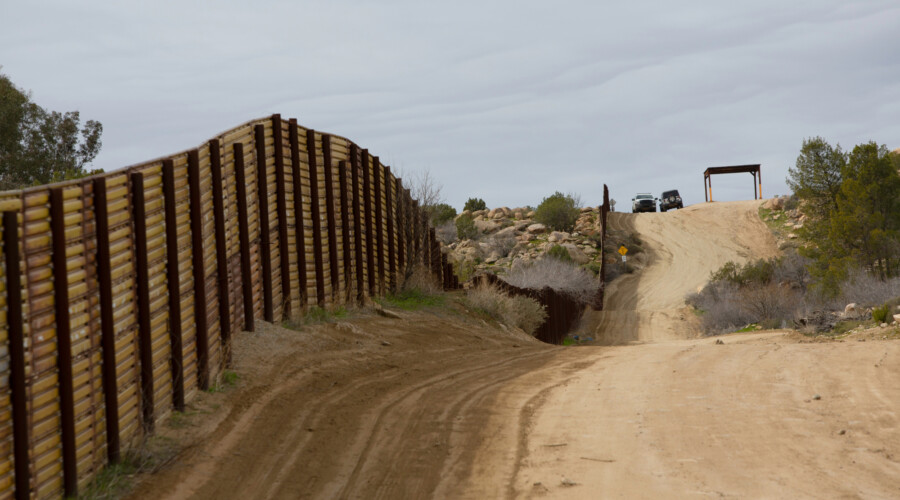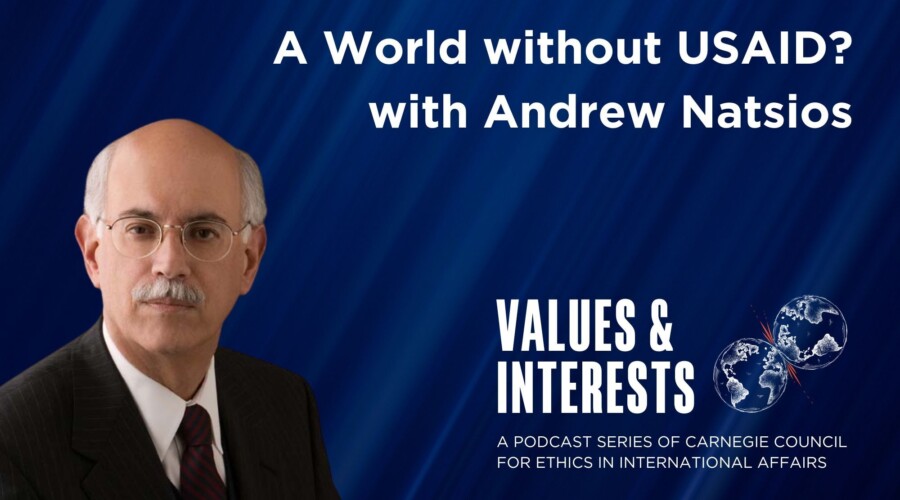Jacob Park is associate professor of business strategy and sustainability at Green Mountain College, Vermont, USA (GMC). He specializes in global environment and business strategy, corporate social responsibility, and community-based entrepreneurship and social innovation, with a special expertise/interest in Japan, China, and the Asia-Pacific region. His publications include The Crisis of Global Environmental Governance: Towards a New Political Economy of Sustainability (2008).
Ashley Staron is a student at GMC. She is studying elementary education and environmental education and will graduate in 2011. She is receiving a special education endorsment and built an outdoor classroom on college campus as a two- year service learning project.
For information on GMC's sustainability initiatives in service learning and community engagement, click here.
Essay Question: How would you improve your school so that it prepares future leaders to protect the planet?
ENVISIONING COLLEGE CAMPUSES AS SUSTAINABLE LEARNING LABORATORIES
Green Mountain College (GMC) is a Poultney, Vermont-based academic institution that combines the "skills and content of a strong liberal arts course of study with a focus on the environment." Like many higher educational institutions, GMC is trying to understand, respond to, and ultimately integrate climate change and other sustainability challenges into its academic mission. Although any campus sustainability effort needs to be seen as a work in progress, we feel that a critical first step toward mainstreaming sustainability in higher educational institutions in the U.S. is to envision college campuses as sustainable learning laboratories.
What do we mean by a sustainable learning laboratory?
First, a sustainable learning laboratory model means that a higher educational institution fosters an academic environment that is interdisciplinary in its approach to social and environmental issues. In the case of GMC, it means that its curricular mission treats "the environment as the unifying theme underlying its academic and co-curricular programs." This is not to suggest that there is a one-size-fits-all approach to sustainable curricular issues. Colleges and universities will have to figure out a sustainability-related curricular mission that fits their respective institutional values and history. What works for a large state university in Ohio is obviously not going to work the same way in the case of a small liberal arts college in Vermont.
Second, a sustainable learning laboratory model assumes that there is a concrete sustainability-related strategic plan that links the overall operations of a particular college in terms of enroll management, building design & development, endowment investments, with the curricular and co-curricular aspects of a college in terms of how the individual classes are taught, which academic resources are being used, and other academic learning strategies. What is important is that colleges and universities need to figure how sustainability can be used as an opportunity - and not perceived just as barriers and problems - to develop a sense of community and as a driving force for positive system-level change.
Third, a sustainable learning laboratory model emphasizes that sustainability-related
experiential, hands-on experiences, including service learning, internships,
and study abroad programs, represent a meaningful component of the overall college
curriculum.
We feel that service learning, which can be seen as the integration of community
engagement and academic learning, is the key to achieving this at many colleges
and universities. By linking course objectives with meaningful community service
experiences, students gain an understanding of real life problem-solving by
using their knowledge and skills from explicit course work. Moreover, there
is no limit to the type of service learning activity that can be undertaken
by a college. It can be anything from conducting environmental science research
to assess the ecosystem health of a local watershed to working with local elementary
and high schools in establish a community garden. Through the four core Environmental
Liberal Arts (GMC's general education curriculum) courses that all students
are required to take, GMC faculty members introduce the concepts linked to service
learning, such as an enhanced perspective of the natural environment, local
involvement within communities, and civic engagement.
At GMC, students become active citizens in this sustainable learning laboratory model through the participation in the Student Campus Greening Fund (SCGF), which is a student-run program designed to increase awareness of sustainable practices and decrease the school's environmental footprint. Through general tuition, 30 dollars is invested into this grant system by each student. Students submit proposals to the SCGF, while the winning proposals are also selected by the students through voting. Previous SCGF projects include native gardens plantings, the creation of an outdoor classroom, mobile solar electrical generation system, performing a thermal efficiency audit, repairing the on-campus wind turbine, purchasing dorm watt meters, and creating a green bike program. Through the participation of service learning projects and involvement in SCGF, students can engage the local community in terms of his or her academic research interests, interact with professionals in the field, and learn to manage projects with real-world timelines, goals, and budgets.
To realize the long-term objective of transforming a college or a university into a sustainable learning laboratory, we feel that students need to become less passive and more active participants in every aspect of their learning. If done correctly, service learning, with its emphasis on connecting community engagement and academic learning, remains the key for students to become more active learners as well as for colleges to bring their sustainability leadership to the next level.
Jacob Park would like to gratefully acknowledge the support of Rollins College's Winter Park Institute, Office of Community Engagement, and Environmental Studies, with whom he discussed many of the issues addressed in this essay during his sabbatical residency in January/February 2010.
This contest was part of the Council's second annual SEPTEMBER SUSTAINABILITY MONTH, which kicked off a year of events and resources on sustainability. Generous funding of the Carnegie Council's 2010-2011 sustainability programming has been provided by Hewlett-Packard and by Booz & Company.



